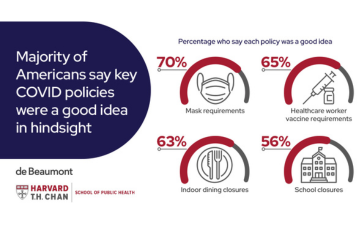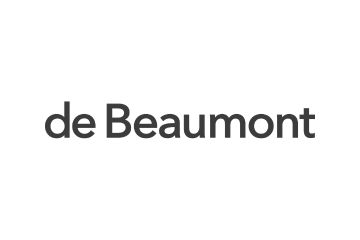A career in public health can be both rewarding and exhausting. As the President of the New York State Public Health Association (NYSPHA), the New York State Affiliate of the American Public Health Association (APHA), I can tell you that we’ve received more interest since the start of the COVID-19 pandemic than we ever have. Now is the optimal time to recruit students and professionals who are looking for a change into public health careers.
Though interest in public health has grown since the start of the pandemic, there are also additional responsibilities. Many in the field have reported dissatisfaction and burnout. In fact, we at NYSPHA partnered with the New York State Association of County Health Officials (NYSACHO) to provide a workshop to local health departments to minimize burnout and promote well-being. Efforts like this are critical, as our success rides on our workforce.
NYSPHA is dedicated to training and career development, as many of our members are students and early career professionals. As President, I have played a significant role in this work and will share some suggestions.
- Give staff ownership of their work, and make the work substantive. Begin by supporting and guiding them on a specific task or small project. Then, continue to increase their level of responsibility, and give them leadership on tasks. By taking this approach, the work will be more evenly distributed, and the organization will be able to effectively handle more work. The staff will grow, be satisfied, and stay with the organization, retaining the institutional memory that is critical in the long term.
- Were you lucky enough to have a mentor during your career, or did you have to learn the hard way? Provide staff with opportunities for mentorship. Take an early or even mid-career professional under your wing and allow yourself to bask in their success; with that, organizational success will follow. At recent NYSPHA listening sessions with its members and other public health professionals in the state, the number one need that came up was mentorship, and we have now added access to a mentorship program to our membership perks!
- Convey the importance of communication, especially writing. Whether in a central office or clinical position, public health is often reliant on grant funds. In my teaching of college and graduate students, I often hear “this is not an English class.” It may not be an English class, but success will come with strong writing skills.
Beyond my work with NYSPHA, I am a senior research scientist at NORC at the University of Chicago, where I specialize in substance use and suicide prevention, fields which carry specific hardships that can easily weigh on anyone. My colleagues and I recently published a report on rural behavioral health, from which I draw two additional suggestions for public health professionals across disciplines.
- Highlight successes in the face of challenges. Some areas of public health are challenged by workforce shortages and turnover, especially in rural areas. Though there are methods to recruit and retain a workforce such as loan repayment, incentive, and relocation programs, those all cost money and are difficult to implement. Many rural behavioral health professionals have spent their entire careers living and working in their community. They point to connections with their communities, strong collaboration with their colleagues, and successes they’ve had tackling difficult issues such as the opioid crisis as their reasons for staying.
- Prioritize self-care. Many behavioral health professionals report burnout due to a limited workforce and a large caseload, especially in rural areas. In addition, many report experiencing secondary trauma through exposure to the significant hardships their clients face. Make sure there is time in the day for staff to decompress, encourage them to take time off without checking email, and periodically schedule staff recognition days and events.
In the end, it is as simple as job satisfaction. Build and grow your workforce so they feel empowered and appreciated and are dedicated to the organization and the work that they do. This will only serve to maximize the effectiveness of your organization and the public health field as a whole.
Brett R. Harris, DrPH, NORC, is a member of de Beaumont’s 40 Under 40 in Public Health Class of 2019; a senior research scientist at the University of Chicago; and serves on the faculty of the University at Albany School of Public Health.




